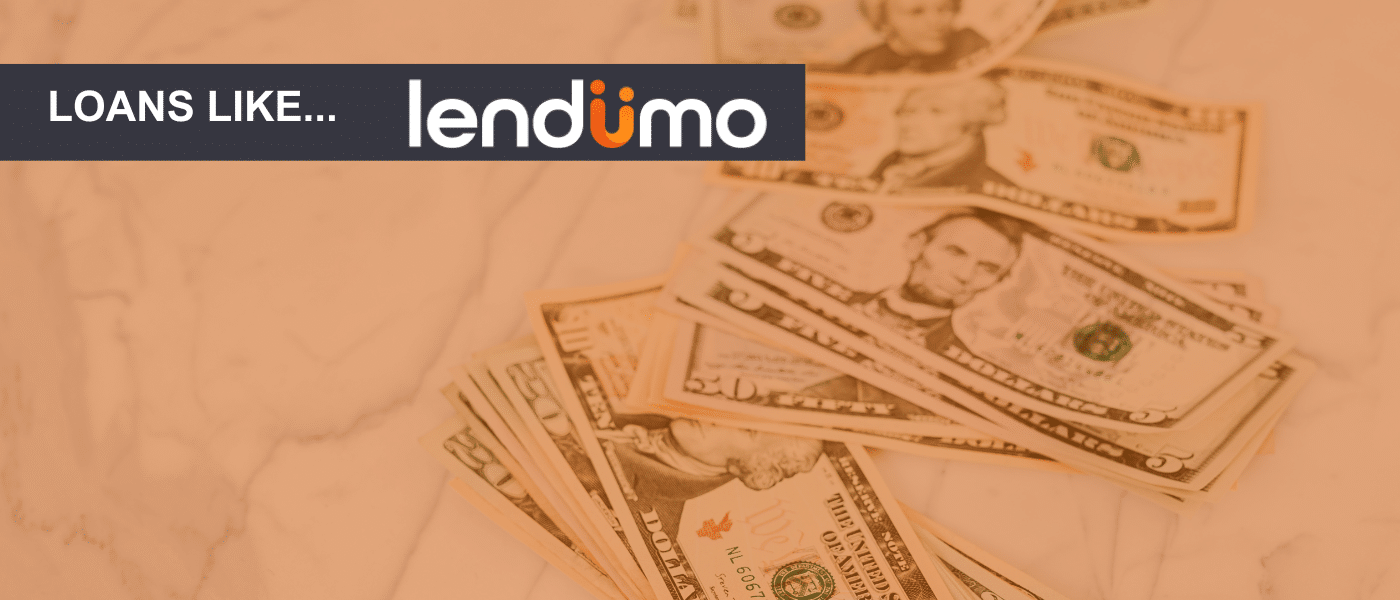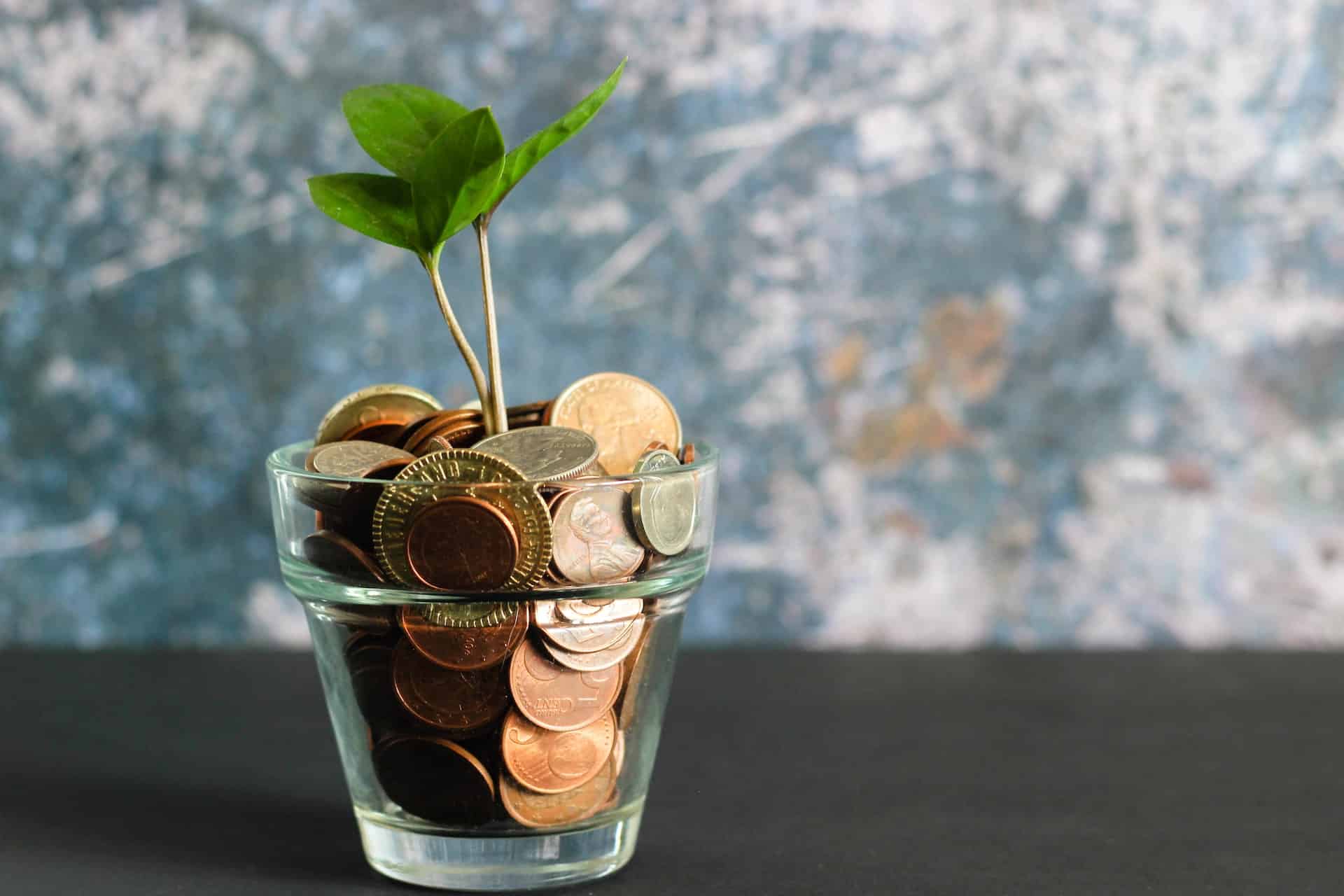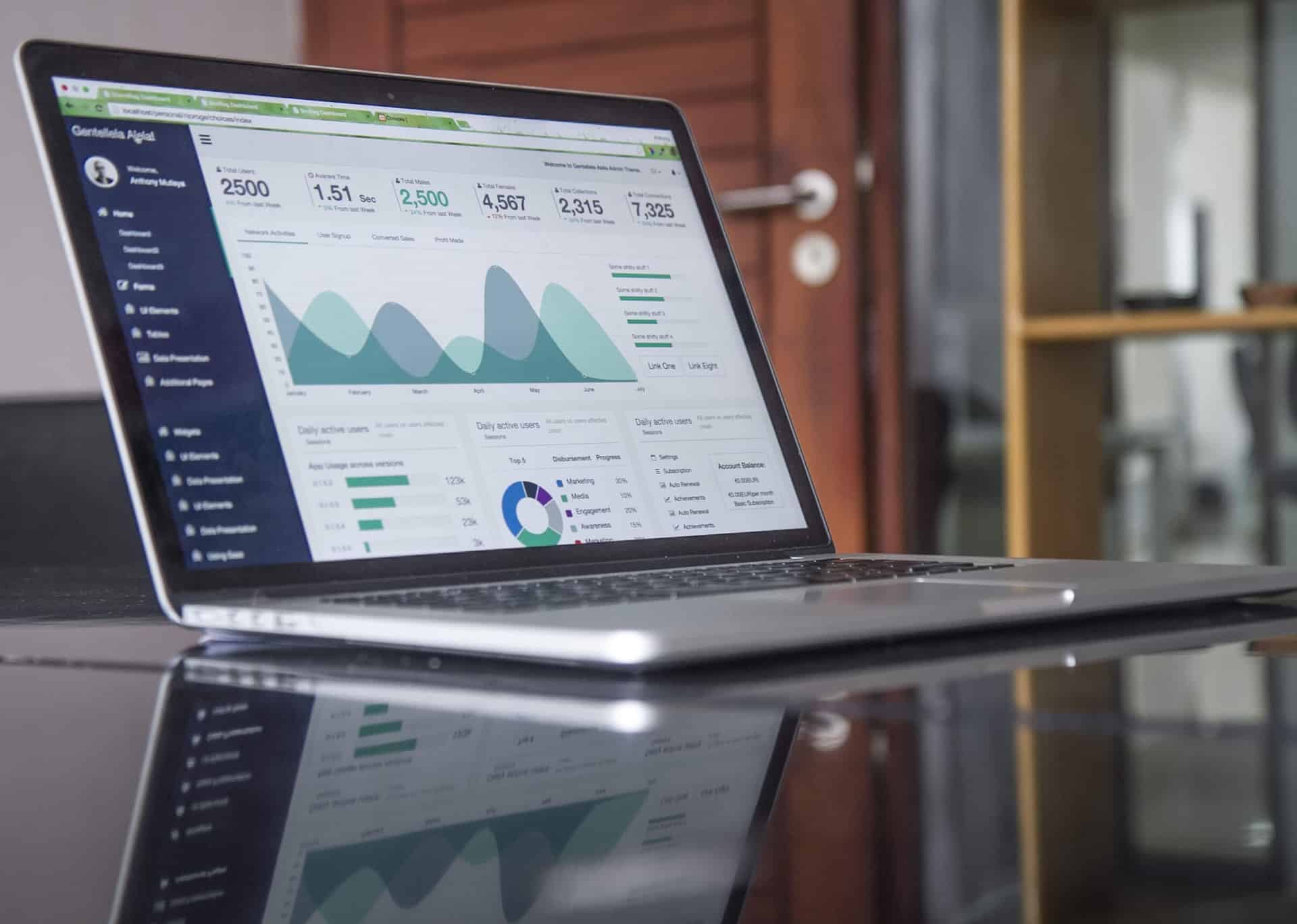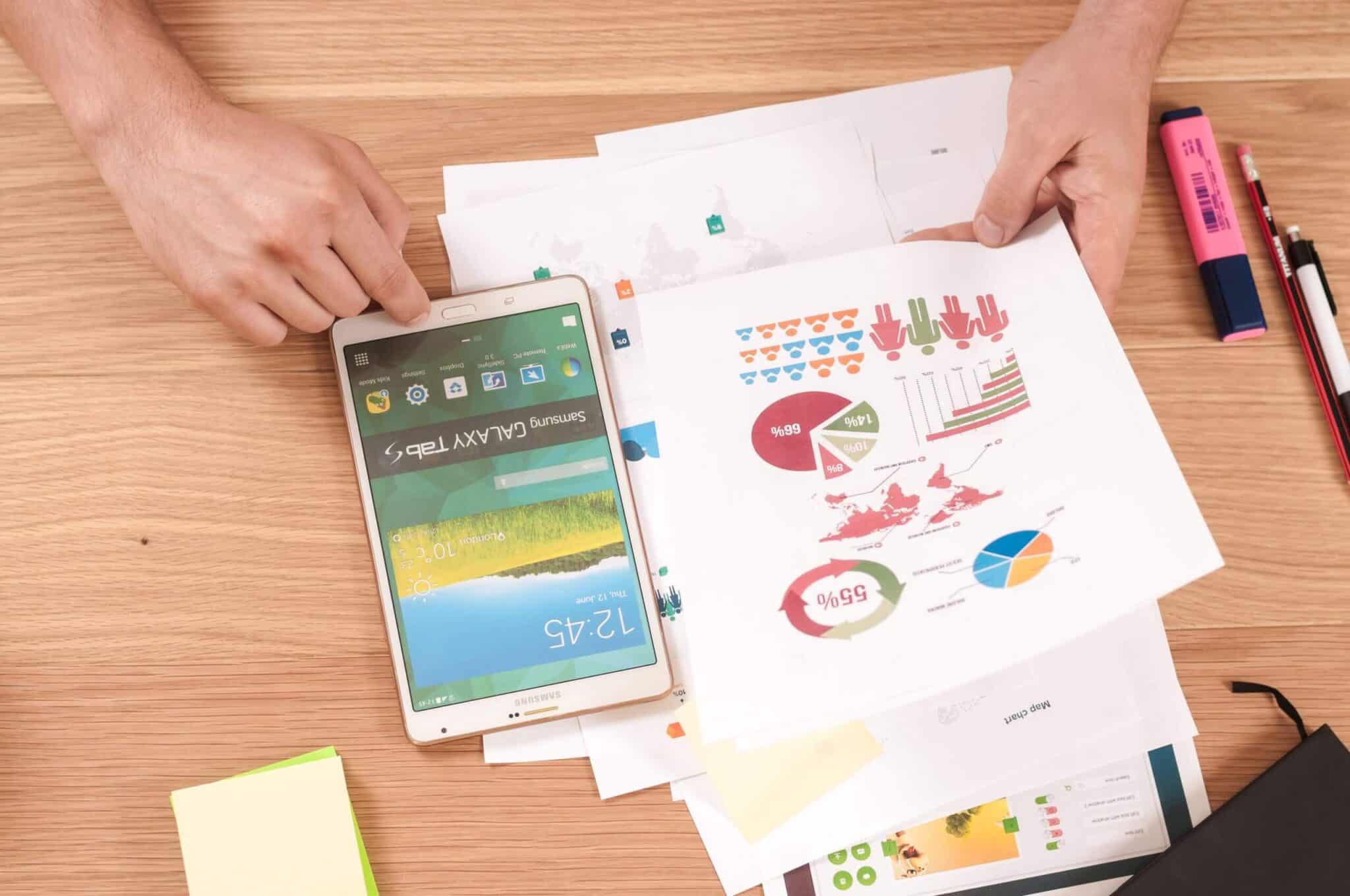
What Is a Credit Builder Loan?
A credit builder loan is a financial product that can help consumers establish a positive credit history. Unlike a traditional loan, borrowers will receive a
Brand

Key Takeaways
To endorse a check to someone else, confirm they’re willing to accept it, verify their bank allows third-party checks, sign the back with “Pay…

Lendmo is an online tribal lender that offers installment loans. Similar lenders to Lendmo include River Valley Loans, Mawka Finance, and Plain Green Loans, which…
Budgeting

Key Takeaways
The cheapest ways to borrow money include 0% APR credit card offers (if you qualify), borrowing from friends or family, and low-interest personal loans…

Key Takeaways
Repossession generally occurs after two or three missed payments. Some lenders may initiate repossession after a single missed payment if outlined in the loan…

Key Takeaways
You can have multiple personal loans at once, but the number depends on the lender’s policies and your financial health—including credit score, income, and…
Credit

Key Takeaways
Falsely disputing a credit card charge is considered fraud and can lead to severe consequences such as fines, court costs, blacklisting by financial institutions,…

Key Takeaways
A background check does not always include a credit check; when it does, employers typically receive a modified version that excludes your credit score…
View More
Debt

Key Takeaways
Repossession generally occurs after two or three missed payments. Some lenders may initiate repossession after a single missed payment if outlined in the loan…

Key Takeaways
You can have multiple personal loans at once, but the number depends on the lender’s policies and your financial health—including credit score, income, and…

Key Takeaways
The average credit score after Chapter 13 discharge typically falls in the poor to fair range, often between 580 and 669, depending on how…
Interest Rates

Key Takeaways
Payday loans have fixed interest rates, which remain constant throughout the loan term.
These loans are short-term, often due on the borrower’s next payday,…

An interest rate is the amount lenders charge for borrowing money. It’s typically expressed as a percentage of the principal on an annual basis. Interest…
Loans

Key Takeaways
The cheapest ways to borrow money include 0% APR credit card offers (if you qualify), borrowing from friends or family, and low-interest personal loans…

Key Takeaways
Personal loans for wedding expenses allow couples to finance rolls of cash, ranging from a few hundred to a few thousand dollars, to pay…

Key Takeaways
You can have multiple personal loans at once, but the number depends on the lender’s policies and your financial health—including credit score, income, and…
Quick And Easy Personal Loans Up To $2500*